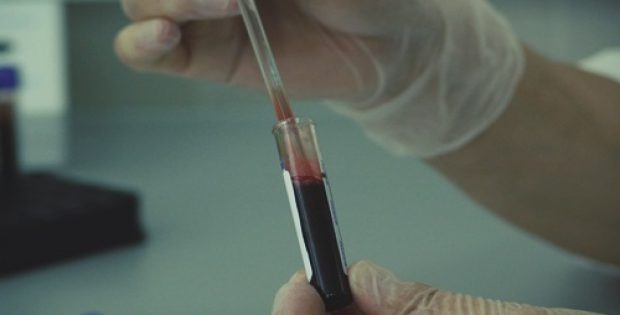The facility will help the pharmaceutical industry of UK, as it will prove ideal for speeding up the development of robust processes and potentially reduce development timelines
The Centre for Process Innovation (CPI) has reportedly announced a collaboration with major pharmaceutical players AstraZeneca and GSK to build a continuous wet granulation manufacturing facility aimed at small-scale development of oral solid dosage pharmaceuticals.

Seemingly, this new facility is being established as a part of the Prospect CP project and will include a variety of services such as twin-screw wet granulation, drying, tabletting as well as blending and feeding raw materials.
Sources familiar with the matter said this facility has been designed to monitor important in-process attributes in real-time by including in-line process analytical technologies. In addition, the suite of sensors that are placed at the end of the granulator helps in generating data which will be used to create predictive models of finished product attributes.
Once completed, it is expected that the facility will help the pharmaceutical industry of UK, as it will prove ideal for speeding up the development of robust processes and potentially reduce development timelines. The facility could also be used to control product quality and assist in real-time monitoring, sources mentioned.
Apparently, the partnership’s long-term ambition is to eliminate the requirement for labour intensive testing of products at the end of manufacture and reduce drug release timeframes.
According to Kevin Sutcliffe, Principal Scientist for Global Development at AstraZeneca, building the PAT test bed based on Prospect CP platform will allow industry to obtain process data by using existing and new analytical technologies. This collaboration with CPI will complement AstraZeneca’s work on establishing models that demonstrate relevance of process measurements and raw material characteristics to product quality.
GSK’s director of drug product design and development, Jason Crooks said that over the next two years, the work developed on Prospect CP will provide essential springboard to accelerate translation and incubation of upcoming process analytical technologies to the pharma business.




